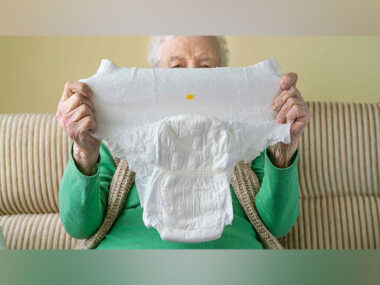Netflix has announced its plans to invest $2.5 billion in South Korea over the next four years, marking a significant investment in the country’s entertainment industry. The investment will be used to produce Korean TV series, movies, and unscripted shows, with the aim of doubling the amount that the company has invested in the market since 2016. The announcement came after a meeting between South Korean President Yoon Suk Yeol and Netflix co-CEO Ted Sarandos, during Yoon’s six-day state visit to Washington.
President Yoon welcomed the investment, stating that it presents a “major opportunity” for South Korea’s content industry and Netflix. The move comes as South Korea seeks to increase cultural exports and soft power, with its entertainment industry experiencing a global boom in recent years, known as the “Korean Wave” or Hallyu. The country’s music market, led by K-pop groups such as BTS and Blackpink, has been particularly successful, with exports of content, including music, video games, and films, reaching a record high of $12.4 billion in 2021, according to government data.
Shares of South Korean production and entertainment companies rallied following the announcement, with Showbox and Studio Dragon up 8.75% and 2.26% respectively, compared to the country’s smaller Kosdaq index’s 2.21% drop.
Netflix co-CEO Ted Sarandos expressed confidence in the Korean creative industry, citing the streaming platform’s global hits produced by South Korean creators such as “Squid Game”, “The Glory”, and “Physical:100”. “Squid Game”, released in 2021, remains Netflix’s most-watched series of all-time, having racked up 1.65 billion hours of streaming in the first 28 days.
However, Netflix recently offered a lighter-than-expected forecast for the second quarter, as it looks to crack down on unsanctioned password sharing and make improvements, delaying some financial benefits. Despite this, the company’s plans to invest in South Korea indicate its continued commitment to producing quality content and expanding its global reach.







